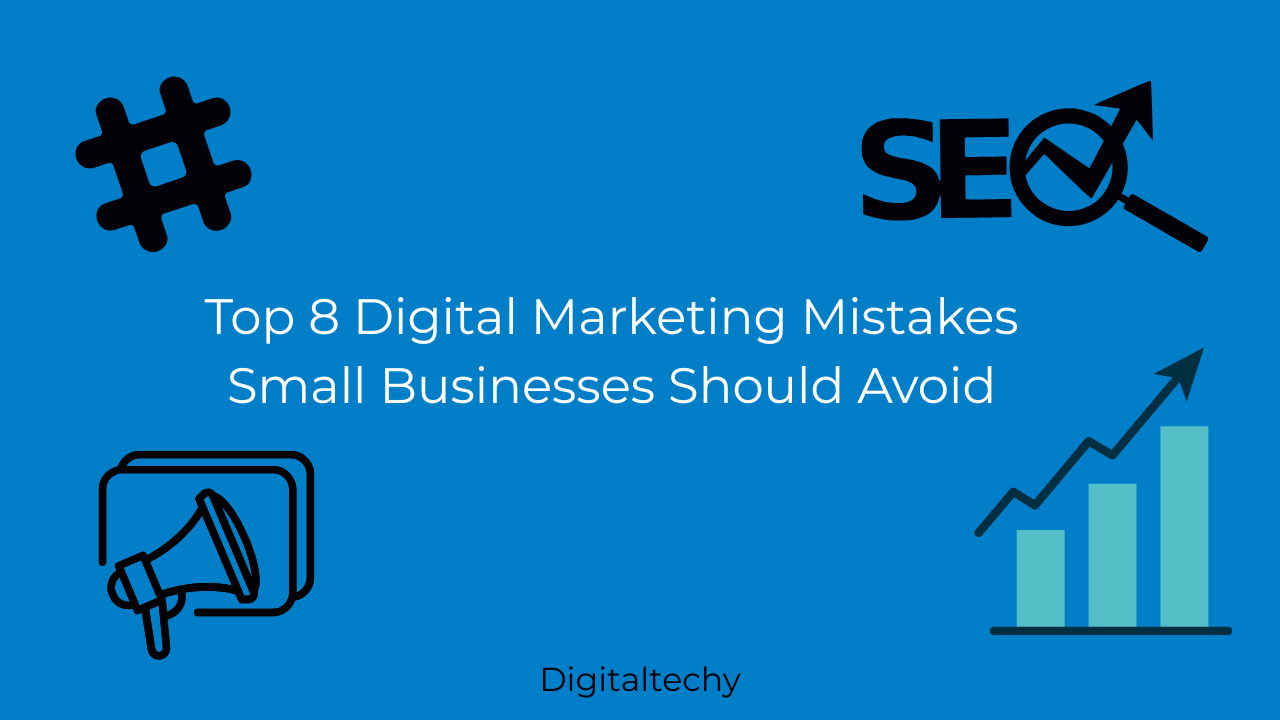What is SEO?
SEO refers to search engine optimization; it is the process of improving the visibility and ranking of the website in search engine result pages (SERP) through different types of strategies and techniques. SEO is the optimization of the website by creating strong content, building high-quality backlinks, and even optimizing images of the website. In SEO, you will have to identify relevant keywords and high-quality content to rank on Google’s search engine page.
Why Is SEO Important for Your Website?
• Drive more organic traffic
• Increases your website visibility
• It builds trust
• It helps to increase sales and revenue
• Staying ahead from competitors
How Search Engines Work
Search engines work based on an algorithm where a website is ranked in search engine result pages based on a searched keyword or query. In this, there will be software programs called crawlers and spiders that search for the content for the keyword or query and will index the web for new and updated content. When they crawl, they follow hyperlinks from one webpage to another. indexing the content and storing it in massive databases called indexes. When there is a query searched in a search engine, then the search engine’s algorithm analyzes the index to identify relevant webpages, such as keyword relevance, page authority, and user experience. Then the algorithm ranks the web page and shows them their result in search engine result pages (SERP).
Keyword Research for Beginners: Finding What People Search For
Keyword research is identifying and selecting the most relevant and frequently searched keywords or phrases that your target audience is searching for related to any products or services. Finding what people search for can be a difficult task, but it’s important to optimize and improve your website’s content. You can brainstorm a list of keywords related to your business, product, or service and use different keyword research online tools such as Google Keyword Planner or SEMrush to know those keywords. These tools will provide you insights into search volume, competition, and bid prices for those keywords, which helps you identify the relevant keywords to target.
Types of SEO:
On-Page SEO:
On-page SEO is optimizing your website to make it search engine friendly, increasing the visibility of your website and ranking in search engine results pages (SERPs). This can be done by optimizing title tags, meta descriptions, and header tags and attracting users to click. And using keyword-rich URLs, alt tags, and internal linking can help search engines to understand your website’s structure and content; optimizing website speed, mobile responsiveness, and XML sitemaps can also improve your website’s crawlability and indexability in search engine result pages. By implementing these techniques, you can improve your website’s visibility in search engine result pages and ranking, drive more traffic, and increase conversions.
Off-Page SEO:
Off-page SEO is taking action outside of the website to improve ranking in search engine result pages. This can be done by building backlinks from other reputable websites to build trust and sharing your content on different social media platforms for likes, shares, and comments, and encouraging customers to review the business. By doing this process and taking these actions, you can improve your ranking in search engine result pages.
Technical SEO:
Technical SEO is optimizing your website’s technical aspects that help search engines to crawl, index and rank in search engine result pages. This can be done by increasing your website’s page speed by ensuring your website loads quickly, ensuring your website is mobile-friendly, having an SSL certificate for your website and having XML sitemaps. By focusing on these technical aspects, you can improve the website’s visibility.
Local SEO:
Local SEO helps people get found online by people in their local area. This can be done by optimizing Google My Business, where you will have to create your business profile in it, using your business location-specific keywords in your website content, and encouraging customers to leave reviews. Doing this helps businesses appear in local search results and get local customers to your business.
Tools for SEO:
• Google search console
• Yoast SEO
• Google keyword Planner
• Semrush
• Ahrefs
• Google my business
Conclusion: By using it in a strategic way, you can rank higher on Google. By implementing these techniques of on-page SEO, off-page SEO, technical SEO, and local SEO and with the different tools of SEO, you can get more organic traffic to your site.





